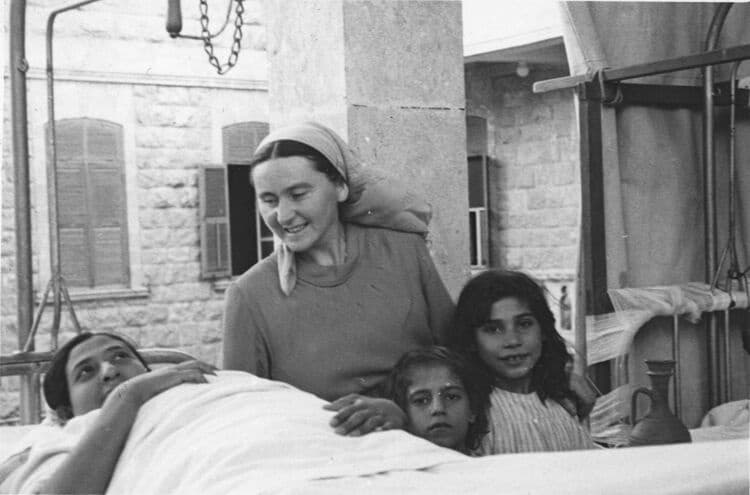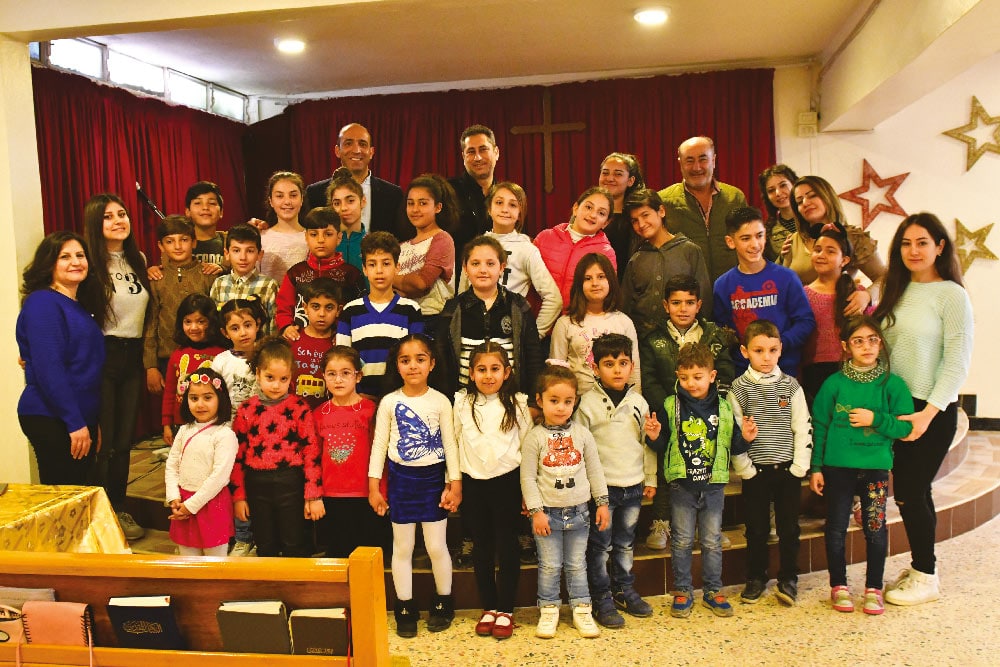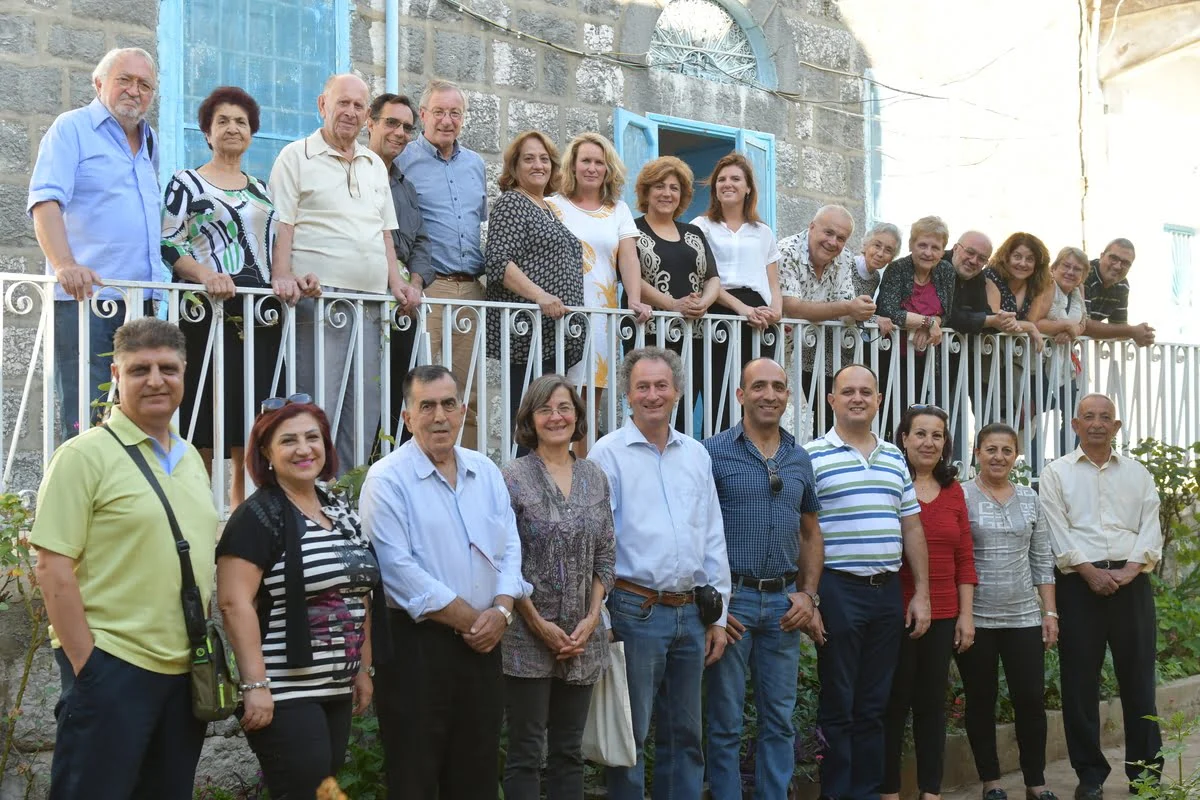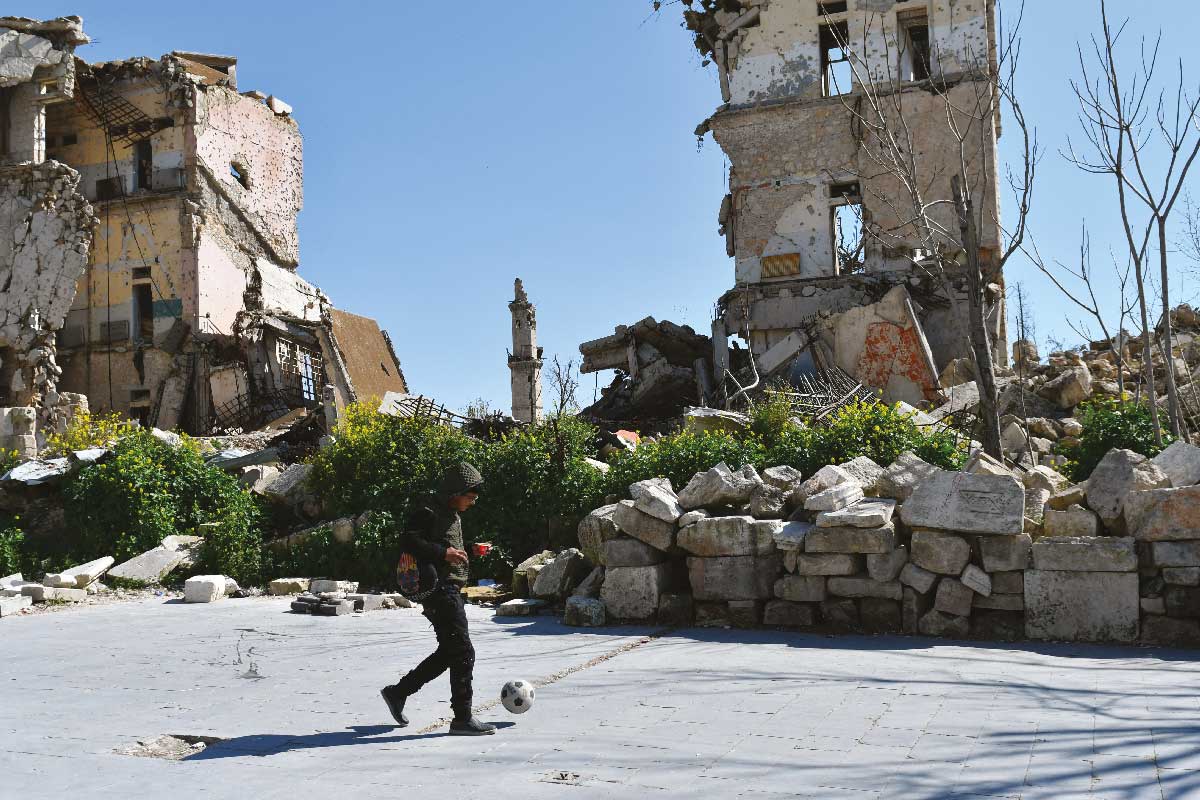11 • Conclusion

One hundred years ago, Pastor Paul Berron used this word of Christ to call for commitment. This verse of the Bible, called « the golden rule », encourages us to put ourselves in the place of others, to have empathy, to change our outlook and live solidarity in a spirit of reciprocity.
The other, to whom I turn in the name of the Gospel, becomes a companion on the journey: we deepen our humanity together and we walk towards the Kingdom of God through concrete action and spiritual communion.
This inspiration remains relevant today. The beginning of the 21st century is particularly trying for people in the Middle East who have gone through many crises like the disastrous consequences of the American invasion of Iraq in 2003, the upheavals resulting from the « Arab Springs », the war in Syria, the economic collapse in Lebanon, the hardening of the Iranian regime, without counting the recent pandemic.
The entire Middle East remains a place of geopolitical confrontation with multiple challenges where regional and international powers clash, where authoritarian regimes and Islamist movements tear each other apart. Nevertheless, expectations for justice and democracy remain present everywhere.
This context puts the Churches to a difficult test. However, they are aware of playing an important role within an Islamic environment: they represent otherness and pluralistic values, they are a positive link between East and West, they bear witness to the Gospel by being at the service of their societies, they help develop constructive Islamic-Christian relationships.

This role of Christians in the East, as a dynamic minority, is however weakened by the exile engendered by successive crises. This minority situation is in a way similar to the question of Christian witness in the West where secularization places the Churches in a new perspective. Other questions are common: the refugee crisis, the relationship with Islam, the question of political Islamism and terrorism, the place of religions in society.

Faced with all these challenges, the Protestant Churches of the East seek to persevere but also to renew their vocation as “salt of the earth” and “light of the world”, by living and witnessing to the Gospel with faithfulness and hope. This is to avoid the pitfall of locking oneself up in the simple logic of survival, but also to be careful not to invest only in humanitarian action.
In this journey of trials and search for hope, the commitments of the ACO remain relevant. Partnership relationships developed over decades allow us to live solidarity and communion in a real spirit of trust and mutual recognition.
Are such precious bonds not a reflection on the Gospel in the midst of a particularly difficult world?

